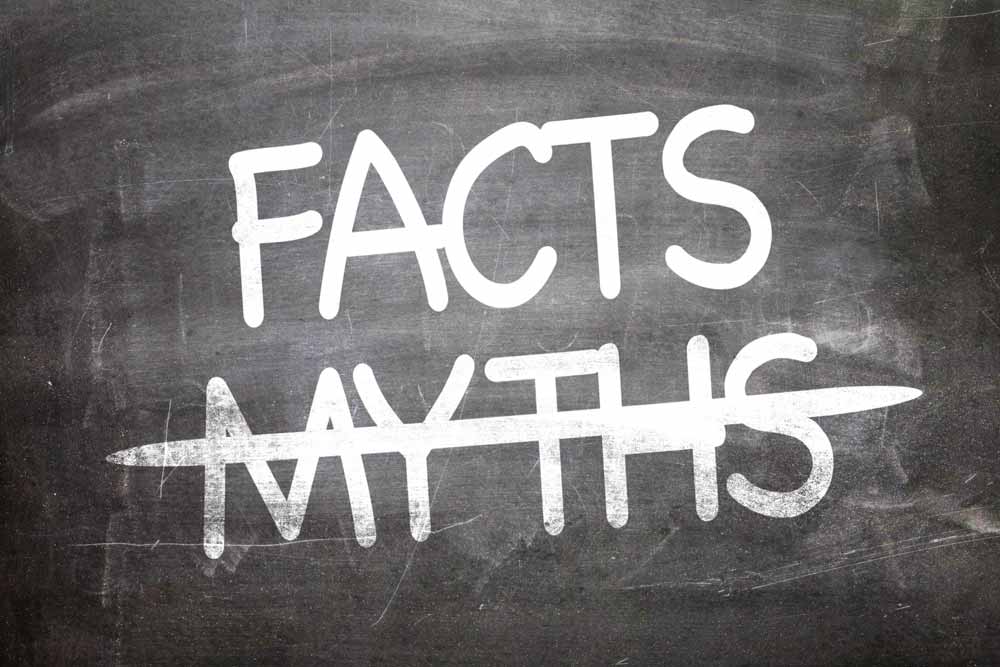 In The Forward yesterday, there was an article that brought into question the way that the Jewish community approaches Holocaust education. The article looks at the way kids and teens are being educated about the Holocaust, and I can’t help but see myself in it. It explains that for years kids have been given lengthy booklists to read, seen every graphic movie and documentary, and listened to countless tales from survivors. I had the exact same education. The author writes that she experienced this education as a burden being placed on her, as though the next generation had to carry the weight of the Holocaust with them, as the number of survivors still living shrinks smaller and smaller, but the community does not want the individual stories to be lost.
In The Forward yesterday, there was an article that brought into question the way that the Jewish community approaches Holocaust education. The article looks at the way kids and teens are being educated about the Holocaust, and I can’t help but see myself in it. It explains that for years kids have been given lengthy booklists to read, seen every graphic movie and documentary, and listened to countless tales from survivors. I had the exact same education. The author writes that she experienced this education as a burden being placed on her, as though the next generation had to carry the weight of the Holocaust with them, as the number of survivors still living shrinks smaller and smaller, but the community does not want the individual stories to be lost.
In this case, the Holocaust can be used as an example – a moment in history that is quickly moving from “present” to “past”. How does that affect the way we teach its stories? Every part of history goes through this transition at some point. There was a time when people could recall details from the Spanish Inquisition, or even the Crusades. But all pieces of history must move out of the realm of “recent” which means we have to change the way we think about them and therefore teach them. How do things change when there are no longer any first-hand accounts?
With many pieces of history, there is a desire to maintain the legacy of those who had direct experiences, but it leads me to think about the how the transition in teaching happens. There is definitely a shift towards the big picture and away from specific stories. Should we be looking more at large themes than at details?
My immediate inclination is to scream, “NO!” for fear that those details will be lost. But then I think about all the other pieces of history I’ve studied, and the further back I go, the more there’s a focus on the big picture. What were the themes that led to the American Revolution? What were the structures in place that allowed slavery to flourish as the United States was being formed? As a historian, I was able to dive into the specific details of these accounts. I spent hours reading transcripts from trials that occurred in the aftermath of the Boston Massacre, and poring over ledgers kept by slave owners on plantations. In the same way, the specifics of the Holocaust can and will still exist for those who are inclined towards the deeper dive into history.
As teachers we are privy to a unique perspective, having the ability to watch as an educational process changes, and more importantly, impact it along the way. How will our contemporary history teachings evolve the way all moments in history have? Are we capable of the personal separation from the subject matter that is needed as new generations are more removed from our experiences? And more importantly, will any of our historical moments be seen as outliers that should forever be approached differently?
By Aleeza Lubin, Private Tutor